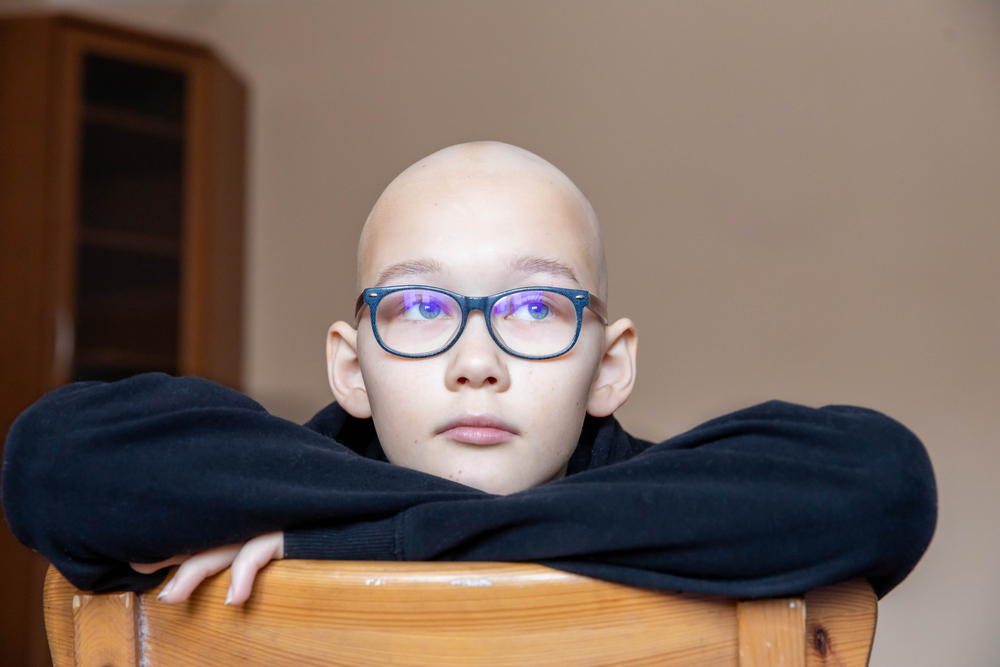Anxiety is a normal emotional reaction in response to stressful situations. As is defined by the American Psychological Association (APA) anxiety is “an emotion characterized by feelings of tension, worried thoughts and physical changes like increased blood pressure.” All teenagers will experience bouts of anxiety during their adolescence. The teenage years are filled with challenging lessons, immense physical growth, surging hormones, a newfound need for autonomy and all else needed to assist a young person’s development into adulthood. As a parent, it is natural to want to help your child through the growing pains of adolescence. However well intentioned, when it comes to teenage anxiety, there are several easily avoidable mistakes that many parents make. The following examples are some of the biggest and most common mistakes parents make in attempting to help their anxious teen:
- Chalking it up to typical teenage behavior: In some cases, it can be difficult to discern normal levels of anxiety from debilitating anxiety levels, especially as children endure the countless physiological changes that occur during the preadolescence and adolescence stages. Be aware of and on the lookout for signs and symptoms of anxiety disorders.
- Being overly accommodating: although you may want to shelter your teen from his or her anxiety, the only way for your teenager to learn how to effectively deal with typical anxiety is to overcome it themselves.
- Trying to fix it for them: you may assume that if you can remove your child from triggering situations, the anxiety will cease. However, by interfering in this way it prohibits your child from having the opportunity to build confidence in his or her ability to assuage anxiety. This sends a message to your teen that you view them as incapable of managing their emotions surrounding the triggering situation and could exacerbate his or her anxiety.
- Minimizing the situation: just because teenage anxiety is highly common, it does not mean it doesn’t require treatment. The Child Mind Institute has pointed out that, unfortunately, nearly eighty percent of young people with anxiety go untreated. Recognize your own limitations and be mindful of the fact your teenager be benefit from outside support.
It is generally best to err on the side of caution when it comes to a child’s mental and emotional wellbeing. In situations where a child’s anxiety becomes increasingly problematic to the point that it interferes with his or her ability to function socially, occupationally, and/ or educationally in daily life it is best to pursue professional guidance. There is a vast network of highly qualified mental health providers that have expert knowledge and extensive experience in treating adolescents struggling with anxiety.
For Information and Support
Every family in need of mental health treatment must select a program that will best suit the needs of their family. When one member of a family struggles, it impacts everyone in the family unit. To maximize the benefits of treatment we work closely with the entire family to ensure that everyone is receiving the support they need through these difficult times. Seeking help is never easy, but you are not alone! If you or someone you know needs mental health treatment, we strongly encourage you to reach out for help as quickly as possible. It is not uncommon for many mental health difficulties to impact a person’s life, long term. Pursuing support at the beginning of one’s journey can put the individual in the best position to learn how to manage themselves in a healthy way so they can go on to live happy and fulfilling lives.
OUR KNOWLEDGEABLE ADMISSIONS TEAM CAN BE REACHED 24/7 AT INFO@PACIFICRTC.COM OR CALL: 800-531-5769 We are available to answer any questions you may have regarding mental health treatment and our residential program, anytime. Contact us today using the form to the right.






